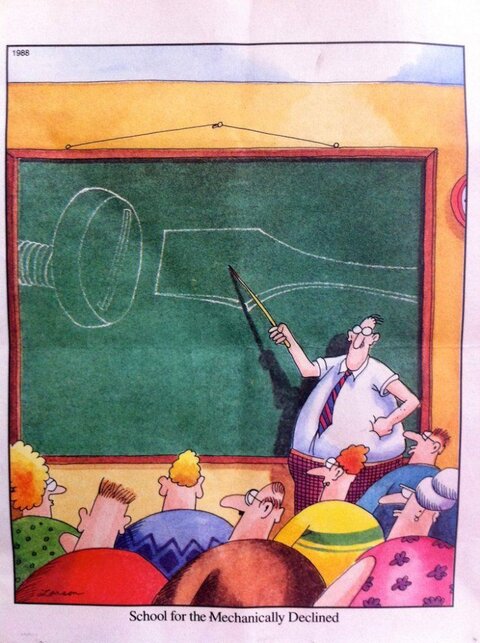It's my every several years appeal for input and comments on requiring fire hoses on stages. It's occasioned by the Assembly Occupancy Committee for the Life
Safety Code forming a task group on Stages and Fire Protection Systems. The scope was originally focused around the relative temperatures -
fusible link ratings or heat detectors or other - for the automatic operation of the of the fire sprinklers, vents, and fire
safety curtain (or deluge).
However hose cabinet requirements are once again an issue. In the past, the
SML community and like minded
theatre people have expressed strong support for retaining hose cabinets with hoses on stages. While once more commonly required in other occupancies, stages are about the only place left where they are still required by code. While some may disagree, these are and have always been for occupant use, not fire service use. Just as most people here would not rely upon a never used or maintained sound
system, the fire service is equally unlikely to rely on a hose in a cabinet on
stage.
Over my 25 years of being actively involved in the development of the national model building and fire codes, I have tended to speak in favor of keeping the requirement, and the representatives of the fire service have generally supported deleting the requirement. Simply, I believe technicians want them and would use them; the fire service thinks occupants should
egress and leave fire fighting to the fire service.
So some questions came up from the task group.
1. If you work on a
stage or stages with these fire hoses, have you had training in using them?
2. Have you ever used or seen these used in a fire, or heard a reliable report of their use?
3. Do you favor retaining the requirement?
Kind of a bonus question but increasingly I hear reports of local authorities over riding the requirement and not allowing the installation of these or requiring at least the elimination or removal of the actual hose, and only keeping the connection. Have you been made aware of this on the stages where you work?
Thanks in
advance for your constructive responses.
--
Bill Conner Fellow of the
ASTC



